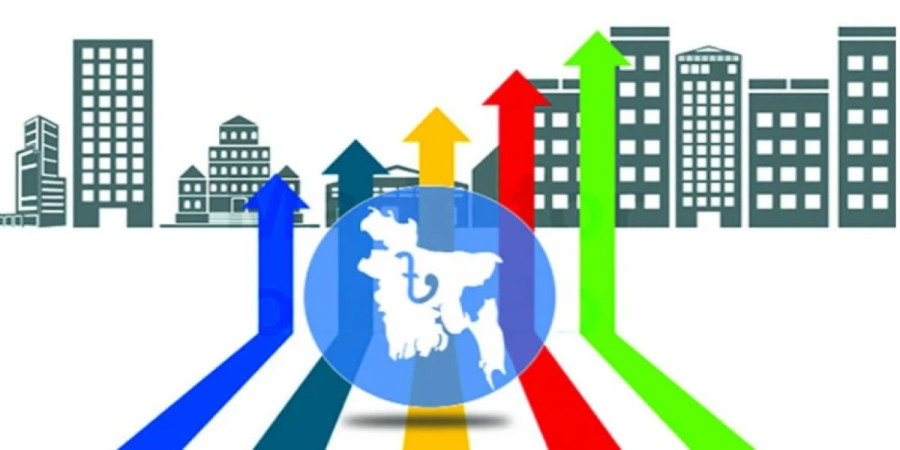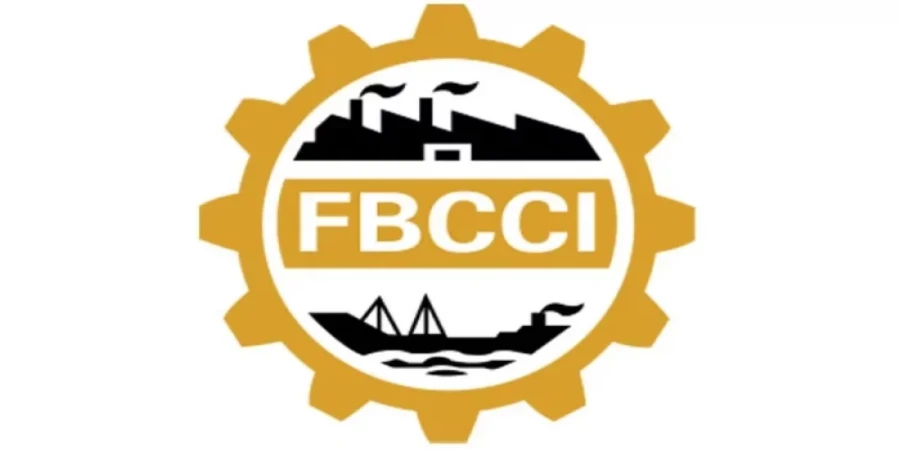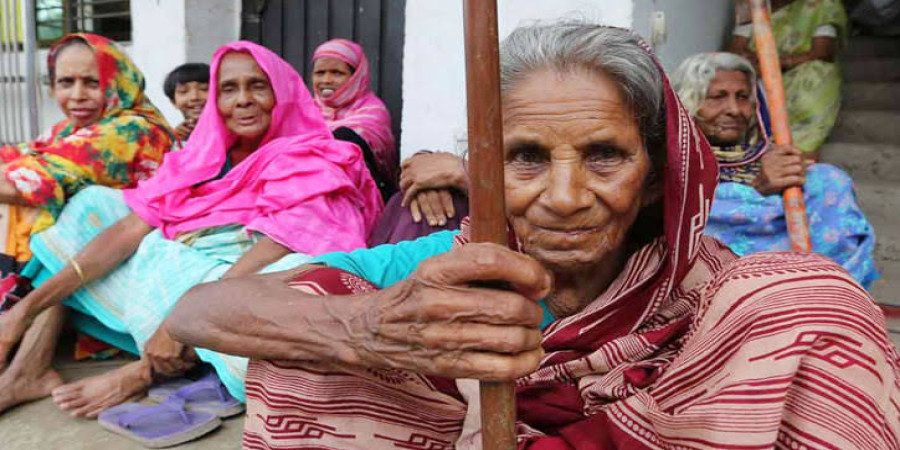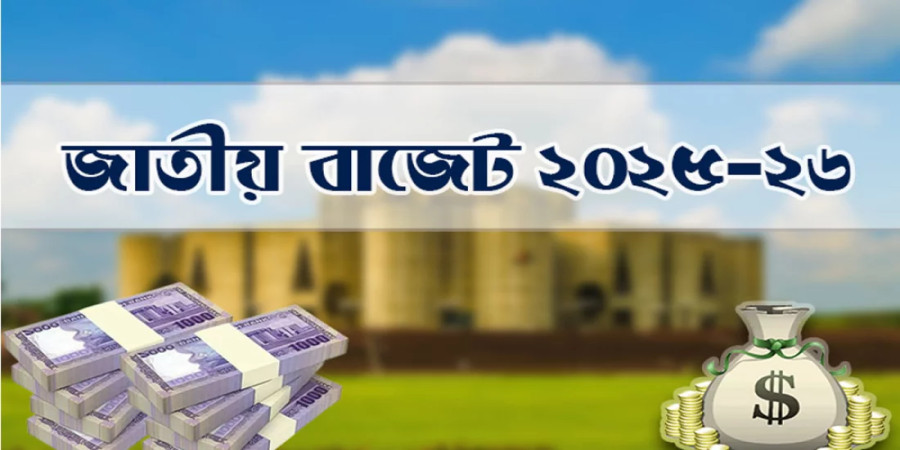
ছবি: Photo: Collected
As 2025 begins, the economy faces significant challenges requiring careful attention to key macroeconomic indicators. Persistent inflation, energy supply disruptions, banking sector instability, sluggish investments, inadequate employment opportunities, foreign debt management, revenue generation, and foreign exchange reserves are among the pressing issues. Additionally, preparing for Bangladesh’s transition from the Least Developed Country (LDC) category by 2026 adds another layer of complexity. Medium-term planning, aligned with the upcoming national budget, is already underway to address these challenges. The economic context of 2024, particularly its latter months, will continue to influence expectations in the new year.
Tackling Inflation
High inflation, especially in food prices, remains a major concern for citizens. Despite raising interest rates, inflationary pressures have not eased. In 2024, inflation surpassed 10%, up from 9.7% in 2023, with food inflation nearing 14%. Experts, including Zahid Hossain, Chief Economist at the World Bank’s Dhaka office, attribute this to inefficiencies in market management. The rising prices of essential commodities such as onions, eggs, and edible oil highlight structural inefficiencies. While temporary measures like price caps are implemented, sustainable solutions remain unaddressed.
Mustafizur Rahman, Distinguished Fellow at the Centre for Policy Dialogue (CPD), emphasized improving supply chains and boosting production to manage inflation. He called for measures to narrow the gap between demand and supply to bring price stability.
Reviving Investment
Both domestic and foreign investments have been stagnant. Revitalizing investments will be a top priority in 2025. Without increased investment, employment generation will remain limited, constraining people’s purchasing power and exacerbating inequality. Addressing this requires targeted initiatives to encourage private sector participation and foreign direct investment.
Reforming the Revenue Sector
The government must expedite reforms in the revenue sector, not just to meet International Monetary Fund (IMF) conditions but also to reduce dependency on loans. Increased revenue collection will create more room for lending to the private sector, boosting economic activities.
Ensuring Industrial Safety and Stability
Following political changes, industrial zones experienced unrest and dissatisfaction. While some improvement has been observed, the overall law and order situation remains subpar. Rapid progress in ensuring a stable environment for businesses will be a key expectation in 2025.
Addressing Energy and Power Supply
Uninterrupted electricity and gas supply remain elusive, with recurring complaints about high costs. Improving infrastructure and ensuring reliable utility services will be critical in boosting economic productivity.
Reforming the Banking Sector
The banking sector, plagued by issues such as non-performing loans (NPLs) and mismanagement, requires urgent attention. Although reforms have begun, they must be expedited. The central bank must be empowered to function independently to address the chronic issues in the sector. NPLs, which spiraled out of control in 2024, remain a significant challenge entering the new year.
Managing Foreign Reserves
Bangladesh’s foreign exchange reserves have been on a consistent decline, standing at $21 billion by December 2024, according to IMF calculations. Addressing this reserve crisis will be essential to maintaining economic stability in 2025.
Improving the Business Environment
Entrepreneurs and investors hope for an improved business climate in 2025. A conducive environment with lower interest rates, enhanced regulatory frameworks, and greater trust among stakeholders is crucial for fostering investment. Creating job opportunities, particularly for the youth, will also depend on these improvements.
Revitalizing the Agricultural Sector
Bangladesh continues to rely heavily on food imports, often disrupted by supply constraints. Enhancing local agricultural production is vital for stabilizing food prices and reducing inflation. Experts note that the economy has some positive aspects, such as growth in exports and remittances. Stabilization of the exchange rate, despite recent depreciation, offers a foundation for further progress.
As Bangladesh navigates these economic challenges in 2025, coordinated efforts across sectors will be essential to achieving stability and fostering growth.
repoter






